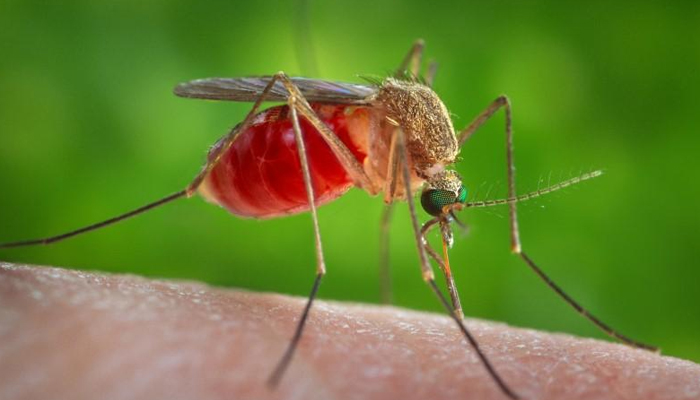

Researchers revealed in a new study that mosquitoes are attracted to human body odour due to some of the acids which are found in cheese, milk, cream, and yoghurt.
The study — published in the journal Current Biology, researchers from Johns Hopkins Malaria Research Institute and the School of Medicine collaborated with the Macha Research Trust in Zambia — looked at which human odours are more appealing to mosquitoes.
The researchers used a cage and filled it with African malaria mosquitoes — not infected with malaria despite its name.
Six participants of the study slept in the tent from where the participants’ breath and body scents were pumped with the help of long tubes where mosquitoes were caged.
According to the findings of the study, the mosquitoes were most attracted to airborne carboxylic acids, including butyric acid, a compound present in “stinky” cheeses such as Limburger.
As per the CNN report, while carboxylic acids attracted mosquitoes, the insects seemed to be deterred by another chemical called eucalyptol, which can be found in plants.
The researchers suspected that one sample with a high eucalyptol concentration might have been related to the diet of one of the participants.
A co-author of the study, Dr Edgar Simulundu said that finding a correlation between the chemicals present in different people’s body odours and the mosquitoes’ attraction to those scents was “very interesting and exciting.”
“This finding opens up approaches for developing lures or repellents that can be used in traps to disrupt the host-seeking behaviour of mosquitoes, thereby controlling malaria vectors in regions where the disease is endemic,” said Simulundu.
Dr Leslie Vosshall, a neurobiologist and vice president and chief scientific officer of the Howard Hughes Medical Institute who was not involved with the study, was similarly enthusiastic. “I think it’s a super exciting study. It’s the first time that an experiment of this type has been done at this scale outside the lab.”
She also noted that the new paper “gives us some really good clues about what mosquitoes are using to hunt us, and understanding what that is, is essential for us to come up with the next steps.”